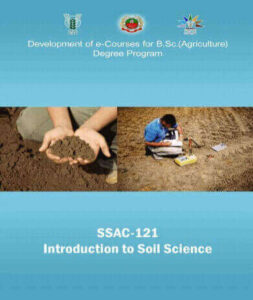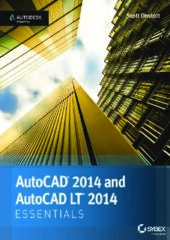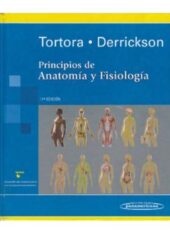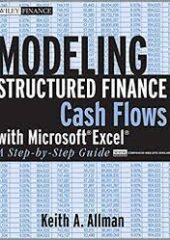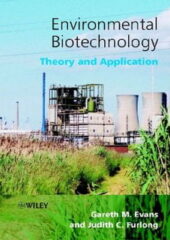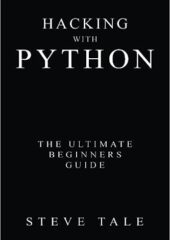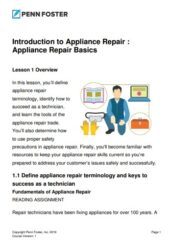Read and download Introduction to Soil Science at PDFRat.com in PDF format. It’s available here for free.
Introduction to Soil Science PDF Download Details
Introduction to Soil Science PDF download free link is available in this article. Below, you may read this book’s summary to understand the basic concept. Furthermore, using the Download PDF link, you can get The Soil Science Books PDF Online at our free book library website, PDFRat. You can even read PDF books online at our website.
Apart from this ebook, you will also find other relevant categories of books in our library in PDF format. We would like you to read those related ebooks as well.
Free PDF Books Download Information
- PDF Name: Introduction to Soil Science
- Book’s Language: English
- Pages: 193
- File Size: 3.11 MB
- Downloads Type: Free PDF Download Books
- PDF File Name: ntroduction-to-Soil-Science.pdf
- Read PDF Online: Read Introduction to Soil Science Book PDF Online
- Category of the Book: Science & Technology
- File Information: This PDF Free Download, Read Online and Print at PDFRat.com.
- For this Book: This Free PDF Book/File Introduction to Soil Science, is ready to read. Kindly share this book with all your friends and book lovers.
Summary of Introduction to Soil Science
“Introduction to Soil Science” Highlights
- Soil is essential to life on Earth.
- Soil science studies soil qualities, formation, categorization, and management.
- Minerals, organic materials, water, and air make up soil.
- Soil contains sand, silt, and clay.
- Weathering, breakdown, and live organisms make soil.
- Horizons, or soil layers, form a soil profile.
- Based on their composition, soil profiles have O, A, E, B, C, and R horizons.
- Soil fertility provides plant nutrition.
- Soil fertility depends on pH, organic matter, and nutrients.
- Soil erosion destroys topsoil and decreases productivity.
- Conservation tillage and crop rotation reduce soil erosion and maintain soil health.
- Soil testing determines fertilization needs and soil nutrient levels.
- Terracing, contour plowing, and windbreaks reduce soil erosion and increase soil quality.
- Poor land use, overuse of agrochemicals, and pollution can reduce soil production.
- Soil microbiology studies bacteria, fungi, and archaea and their function in nutrient cycling.
- Earthworms, insects, and small mammals live in soil, increasing biodiversity.
- Sustainable soil management strategies improve soil health, crop yield, and environmental sustainability.
DMCA & Copyright: This PDF file’s copyrights ARE NOT our property. This book/file, Introduction to Soil Science PDF Free Download, must be widely available on multiple public domains and in fair use format for free download. This Introduction to Soil Science ebook/file is only for educational purposes for the user, viewer, or reader. Email us at admin@pdfrat.com if you want this PDF file or book taken down or if it violates the copyright, and we’ll take it down within 24 working hours.
Science & Technology Related Free PDF Books Online for You
AutoCAD® 2014 and AutoCAD LT® 2014 PDF Free Download
Read and download AutoCAD® 2014 and AutoCAD LT® 2014 at PDFRat.com in…
Principios de Anatomía y Fisiología PDF Spanish Free Download
Read and download Principios de Anatomía y Fisiología at PDFRat.com in PDF…
Water Supply Engineering PDF Free Download
Read and download Water Supply Engineering at PDFRat.com in PDF format. It’s…
Modeling Structured Finance Cash Flows with Microsoft Excel PDF Free Download
Read and download Modeling Structured Finance Cash Flows with Microsoft Excel at…
Telc Deutsch B2 Modelltest 5th Edition PDF German Free Download
Read and download Telc Deutsch B2 Modelltest at PDFRat.com in PDF format….
Environmental Biotechnology – Theory and Application PDF Free Download
Read and download Environmental Biotechnology – Theory and Application at PDFRat.com in…
Hacking With Python PDF Free Download
Read and download Hacking with Python at PDFRat.com in PDF format. It’s…
Introduction to Appliance Repair PDF Free Download
Read and download Introduction to Appliance Repair at PDFRat.com in PDF format….
